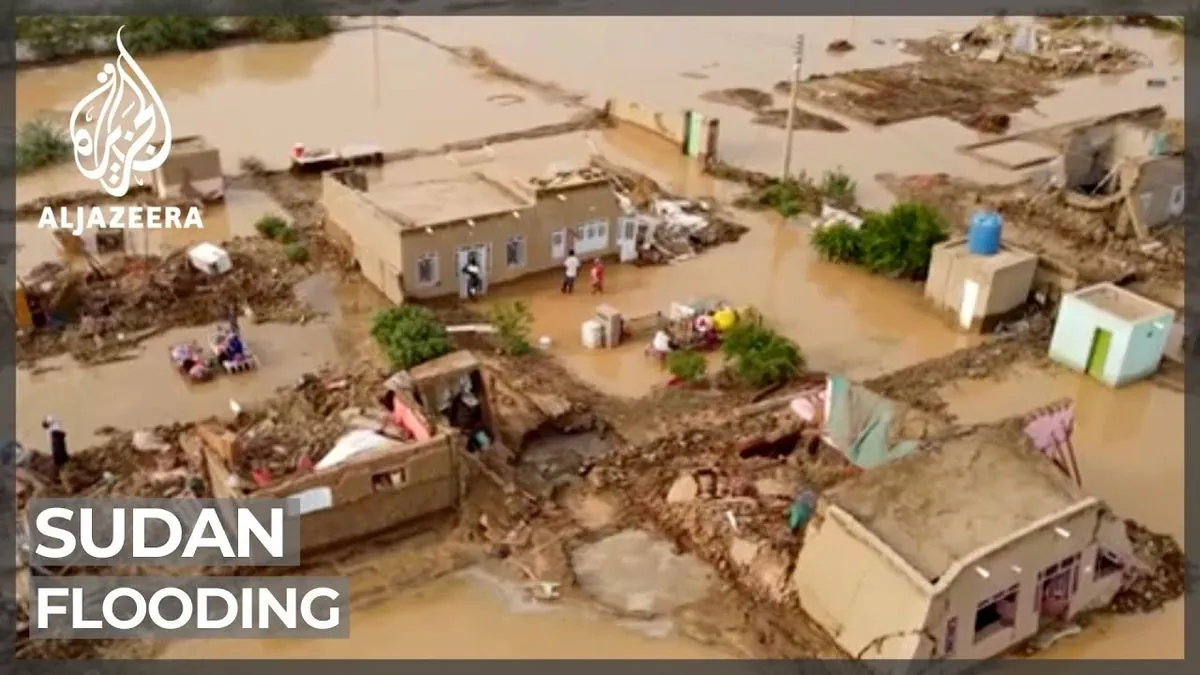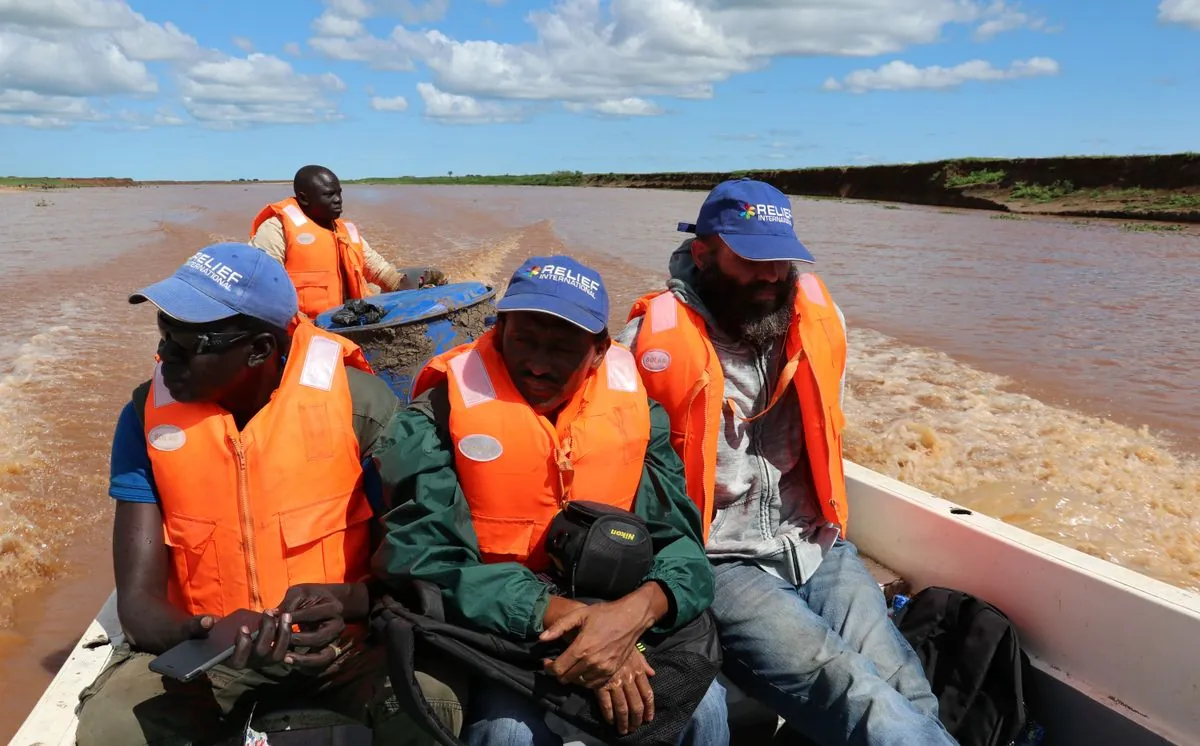Sudan Dam Collapse: Deadly Floods Worsen Humanitarian Crisis
Arbaat Dam failure in Sudan's Red Sea state causes fatalities and widespread destruction. Ongoing civil war and flooding exacerbate humanitarian crisis, straining international aid efforts.

In a devastating turn of events, the Arbaat Dam in Sudan's eastern Red Sea state collapsed on August 25, 2024, resulting in severe flooding and loss of life. The United Nations Office for the Coordination of Humanitarian Affairs (OCHA) reported at least 30 fatalities, with the possibility of a higher death toll.
The dam's failure, located approximately 38 kilometers northwest of Port Sudan, has had far-reaching consequences. Approximately 70 villages in the vicinity have been affected, with 20 completely destroyed. The disaster has left 50,000 individuals without homes, representing 77% of the local population. These affected communities are in urgent need of basic necessities such as food, water, and shelter.

The infrastructure damage is extensive, with over 80 boreholes collapsing due to the flooding. The agricultural sector has also been severely impacted, with 10,000 heads of livestock reported missing. Additionally, 70 schools have been either damaged or destroyed, further disrupting the lives of local residents.
This catastrophe adds to the ongoing humanitarian crisis in Sudan, a country that has been grappling with civil war for the past 500 days. The conflict, which erupted on April 15, 2023, between the Sudanese Armed Forces and the Rapid Support Forces (RSF), has resulted in widespread displacement and suffering.
"This is a shameful moment for international humanitarian organizations, which for more than 16 months, have failed to provide an adequate response to the country's escalating medical needs — from catastrophic child malnutrition to widespread disease outbreaks."
The situation in Sudan is further complicated by its rich but tumultuous history. As the third-largest country in Africa, Sudan has faced numerous challenges since gaining independence from Anglo-Egyptian rule in 1956. The nation has experienced multiple civil wars and military coups, contributing to its current instability.
The ongoing conflict has had a devastating impact on Sudan's healthcare system. According to a World Health Organization estimate from July 2024, over 75% of healthcare facilities have been destroyed since the war began. This destruction has left countless individuals without access to essential medical care.
Abdirahman Ali, CARE's Sudan country director, emphasized the dire situation, stating that the war has "shattered" the healthcare system. This crisis is particularly alarming given Sudan's diverse population of approximately 45 million people, comprising over 500 ethnic groups speaking more than 100 languages.
The international community's response to Sudan's escalating needs has been criticized as inadequate. Humanitarian organizations face significant challenges in delivering aid due to heavy restrictions imposed by both warring parties.
As Sudan grapples with this multifaceted crisis, the need for a coordinated and effective humanitarian response becomes increasingly urgent. The country, once home to ancient Kushite kingdoms and still boasting the Nubian pyramids, now faces an uncertain future as it struggles to overcome the combined effects of natural disasters, civil war, and a crumbling infrastructure.


































